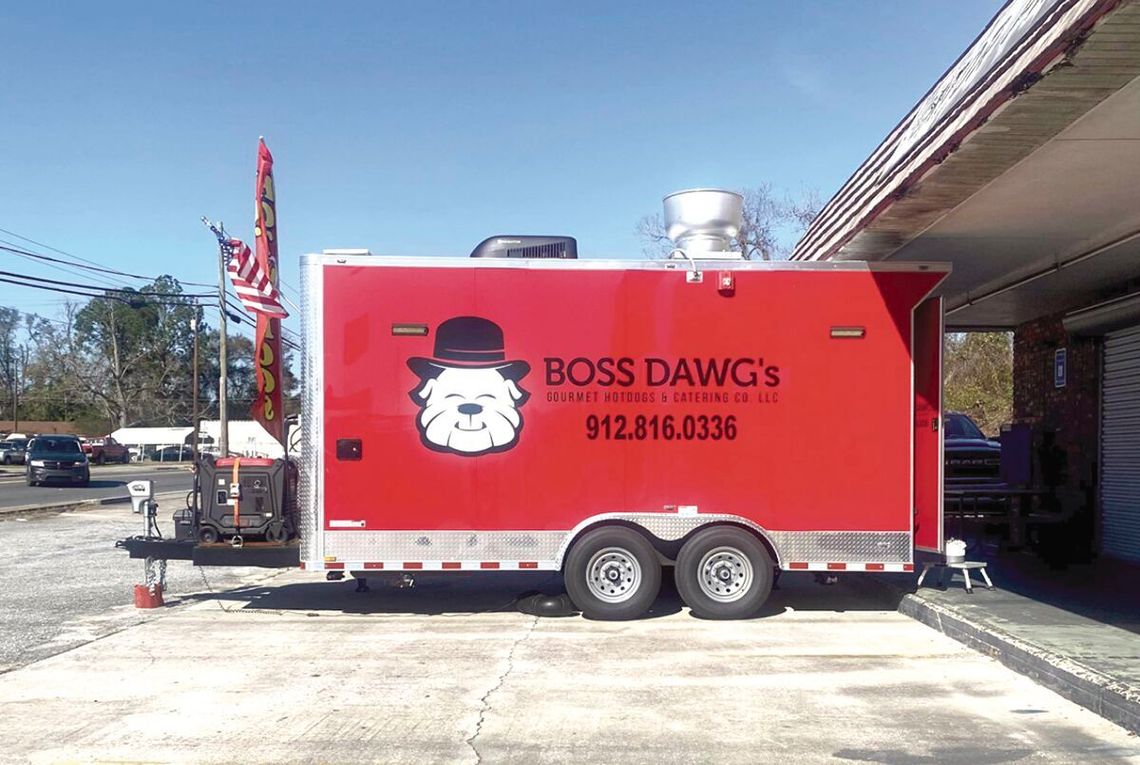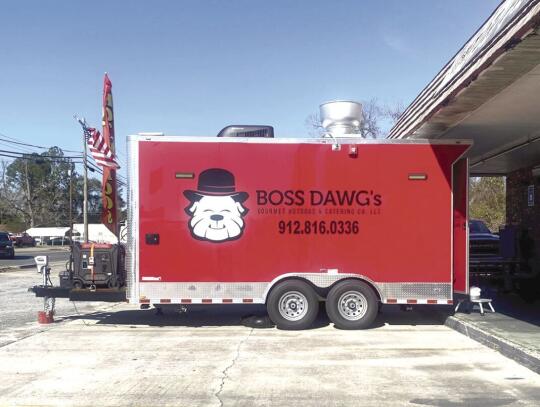You may see more food trucks the next time you attend a local festival.
New legislation in Georgia that went into effect Sunday, January 1 eases the permit process that vendors faced to operate within the state. The item was among a handful passed during the 2022 session that became law with the new year.
The General Assembly’s action ended the need for vendors to have multiple permits for the counties in which they do business. Now, one permit will cover food trucks anywhere in the state.
Joseph Cassavant, owner of Boss Dawgs Gourmet Hot Dogs & Catering, LLC in Waycross, said he didn’t think the law changed much for previously permitted vendors.
“I never minded the inspections,” Cassavant said. “Quality and cleanliness is always the main goal. Most vendors are only going to travel where they know people will be and have the greatest chance of being profitable, so permits doesn’t stop quality vendors from traveling.
“It was only a $50 inspection fee for out of permitted events and a $15 fee for each county.”
The food truck business was growing in the state before the legislation. Tony Harrison, board president of the Food Truck Association of Georgia, said he expects number of mobile operations across the state to grow with the new law.
“Almost all food trucks operate in multiple counties,” said Harrison. “That means multiple permits and fees. It’s just insane.”
The food truck legislation does away with the requirement in Georgia that operators obtain a permit and inspection in every county where they do business. Now, one permit is enough to operate in all 159 Georgia counties and must to be respected in all counties.
Previously, food truck owners had to get permits for every county they wanted to work in, and were subject to inspections in those counties — which cost money, taking away from their profit.
Any county can still inspect food trucks, but the state has capped the cost of those. Counties will soon be able to verify permits through a Department of Public Health database.
Some food truck vendors that travel around the state say they have been inspected 10 to 20 times per year previously. They said inspections at that rate doesn’t make sense, and burdens local health departments.
Other local food truck owners who requested anonymity said the bill doesn’t mean much to them, as they do what they need to be successful and turn a profit.
SPECIAL PHOTO
Boss Dawgs and owner Joseph Cassavant often are set up at the intersection of Ossie Davis Parkway and Tebeau Street in Waycross.










